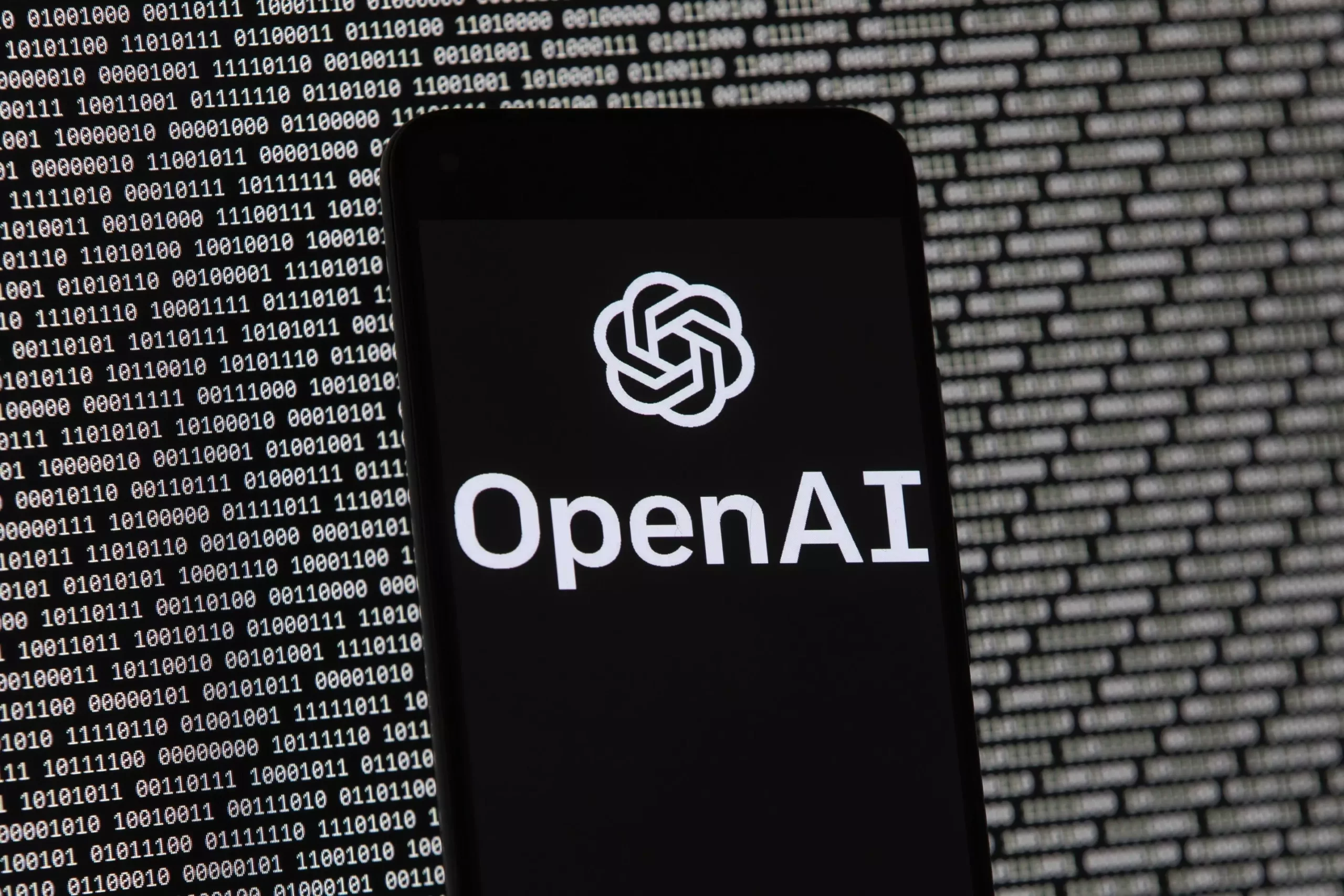In the realm of artificial intelligence, few organizations have witnessed as rapid and transformative a journey as OpenAI. Established in 2016, this once non-profit research organization aimed to advance digital intelligence for the broader good of humanity, devoid of financial motives. As its trajectory unfolded, however, the blending of non-profit visions with commercial aspirations raised pertinent questions about the ethical and structural integrity of its mission.
Pioneering Aspirations: Founding Principles of OpenAI
When OpenAI first sought tax-exempt status as a charitable organization, it conveyed its foundational goals clearly to the IRS. The application characterized an organization intending to pursue AI research without the constraints of profit-driven motives—an ambitious pledge of altruism and innovation. With a $10 million loan from one of its founders, Sam Altman, OpenAI looked forward to a new era of artificial intelligence where research would be conducted transparently and accessibly.
At its inception, OpenAI’s research blueprint revolved around relatively modest ambitions: training AI agents for various games, building robots for household chores, and designing technology capable of understanding complex natural language instructions. In hindsight, these aims seem quaint compared to the explosive advances that followed, culminating in products like ChatGPT, which revolutionized user interaction with AI.
A notable aspect of OpenAI’s evolution is its transition from purely nonprofit intentions to engaging in substantial commercial activities. Initially, OpenAI explicitly stated it would not enter into partnerships with for-profit entities or play a role in developing commercial products. However, as technology advanced, so did its strategies, including the establishment of a for-profit subsidiary, pushing the organization’s estimated valuation into the hundreds of billions.
This seismic shift has raised eyebrows within nonprofit circles and among legal experts who oversee regulations for nonprofit organizations. Questions about whether OpenAI’s transformation can still feasibly align with its original charitable mission have arisen. Lawyers like Andrew Steinberg observe that, while OpenAI appears to have carefully constructed its corporate structure to remain compliant, the drastic shift in its operations merits scrutiny.
As OpenAI navigates its dual identity, the commitment to its foundational mission persists, albeit in a redefined manner. A spokesperson has emphasized that OpenAI continues to aim for accessibility, asserting the belief that the development of commercial products can indeed promote its mission. This assertion brings to light a crucial debate: can a balance between profitability and genuine concern for public welfare be sustained in an industry marked by rapid technological advancements?
Moreover, the organization’s founders emphasize the importance of making their research publicly available and doing so without restrictions. OpenAI has reiterated that sharing research findings openly is central to its identity, pledging to maintain transparency in its work. However, the question persists: will the proprietary nature of its technology inevitably lead to private benefits that could outweigh public contributions?
The Future Trajectory: Ethical Concerns and Regulatory Scrutiny
As OpenAI continues to chart its path toward a hybrid model of operation, the implications of its corporate choices could have widespread effects on the AI landscape. Should the organization decide to further reformulate its corporate structure, particularly around the ownership of intellectual property developed during its operations, the ramifications could be significant. Such a decision could challenge traditional understandings of nonprofit ethics, governance, and the relationship between charity and commerce.
Onlookers remain vigilant about OpenAI’s metamorphosis, weighing the fine line between innovation and commercialism. The journey that began with altruistic aims signals a larger narrative about the potential for ethical and structural integrity in technology-focused nonprofits. As the industry evolves, the standards set by OpenAI may well become a blueprint for balancing ambition with accountability in artificial intelligence research.
As OpenAI navigates the complexities of its mission in a landscape increasingly dominated by for-profit entities, it stands at a crossroads. The ethical implications of this evolution will not only shape its future but also influence how society views the intersection of technology, charity, and capitalism. The challenge remains: can innovation flourish alongside a steadfast commitment to the greater good?

